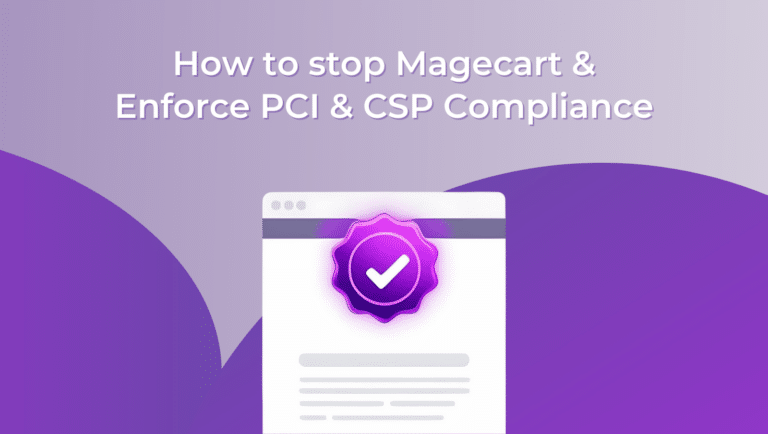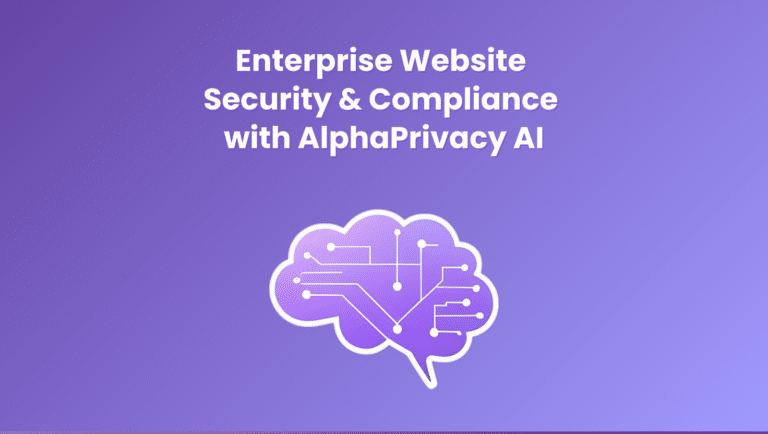Sensitive Data – personal data is considered ‘sensitive’ and is subject to specific processing conditions when the data is revealing racial or ethnic origin; political opinions, religious or philosophical beliefs; trade-union membership; genetic data, biometric data processed solely to identify a human being; health-related data; data concerning a person’s sex life or sexual orientation.
Common Types of Sensitive Data:
- Personal Identification Information (PII):
- Social Security numbers (SSNs)
- Passport numbers
- Driver’s license numbers
- National identification numbers
- Financial Information:
- Credit card numbers
- Bank account details
- Tax information
- Payment information
- Health Information:
- Medical records
- Health insurance information
- Genetic data
- Biometric data (e.g., fingerprints, facial recognition)
- Personal Characteristics:
- Racial or ethnic origin
- Political opinions
- Religious or philosophical beliefs
- Sexual orientation
- Sensitive Communications:
- Private emails, messages, or phone call records
- Confidential business communications
- Legal Information:
- Criminal records
- Court cases or legal proceedings
Sensitive data is subject to stricter regulatory requirements under laws like the GDPR (General Data Protection Regulation), HIPAA (Health Insurance Portability and Accountability Act), and PCI-DSS (Payment Card Industry Data Security Standard). These regulations require organizations to implement specific security measures, obtain explicit consent for processing, and limit access to sensitive data to protect individuals’ privacy and security.
Exposure of sensitive data can lead to severe consequences, including legal penalties, financial loss, and damage to an organization’s reputation. Therefore, safeguarding sensitive data is a critical component of data privacy and security practices.


